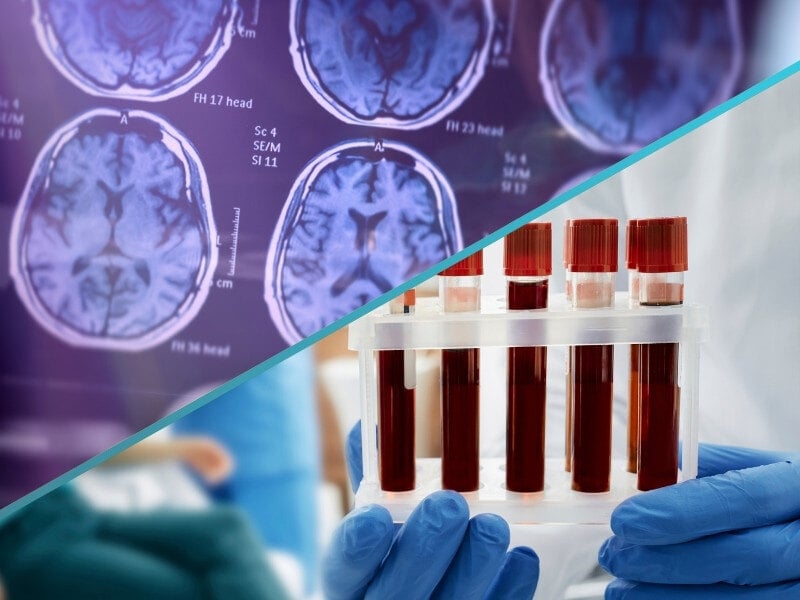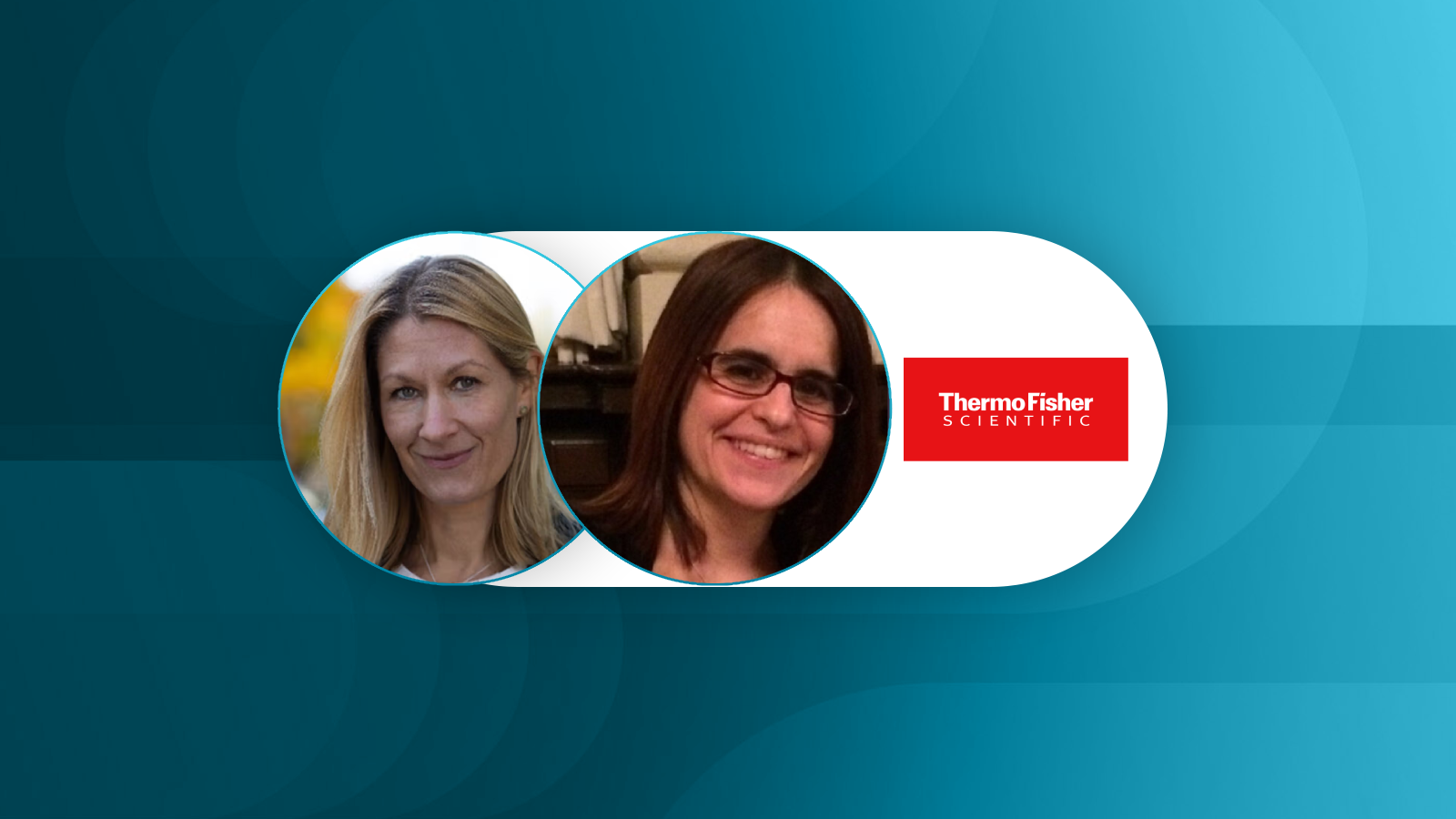Advancing Precision Medicine
Providing scientists with interdisciplinary knowledge to transform human data into precise patient-centric solutions by fuelling accelerated breakthroughs in multi-omics, biomarker & imaging technologies
Events
Community
Services
Resources
LifeScienceXchange
In-Person Events

30 Sep - 01 Oct 2025 | London, UK
.png)
30 Sep 2025 | London, UK

27 - 28 Oct 2025 | San Francisco, CA

13 - 14 Nov 2025 | London, UK

Mar 31 – Apr 01, 2026 | Boston, MA
Online Events & Activities
Precision Medicine & Our Community
We bring together pioneering minds from the biopharma and research communities, providing a platform for exchanging insights and accelerating the development of targeted therapies that transform patient outcomes
Our In-Person & Digital Services
We work with cutting-edge vendors within precision medicine, supporting them to forge in-depth connections with customers, showcase their solutions and position themselves as market leaders.
Featured Resources
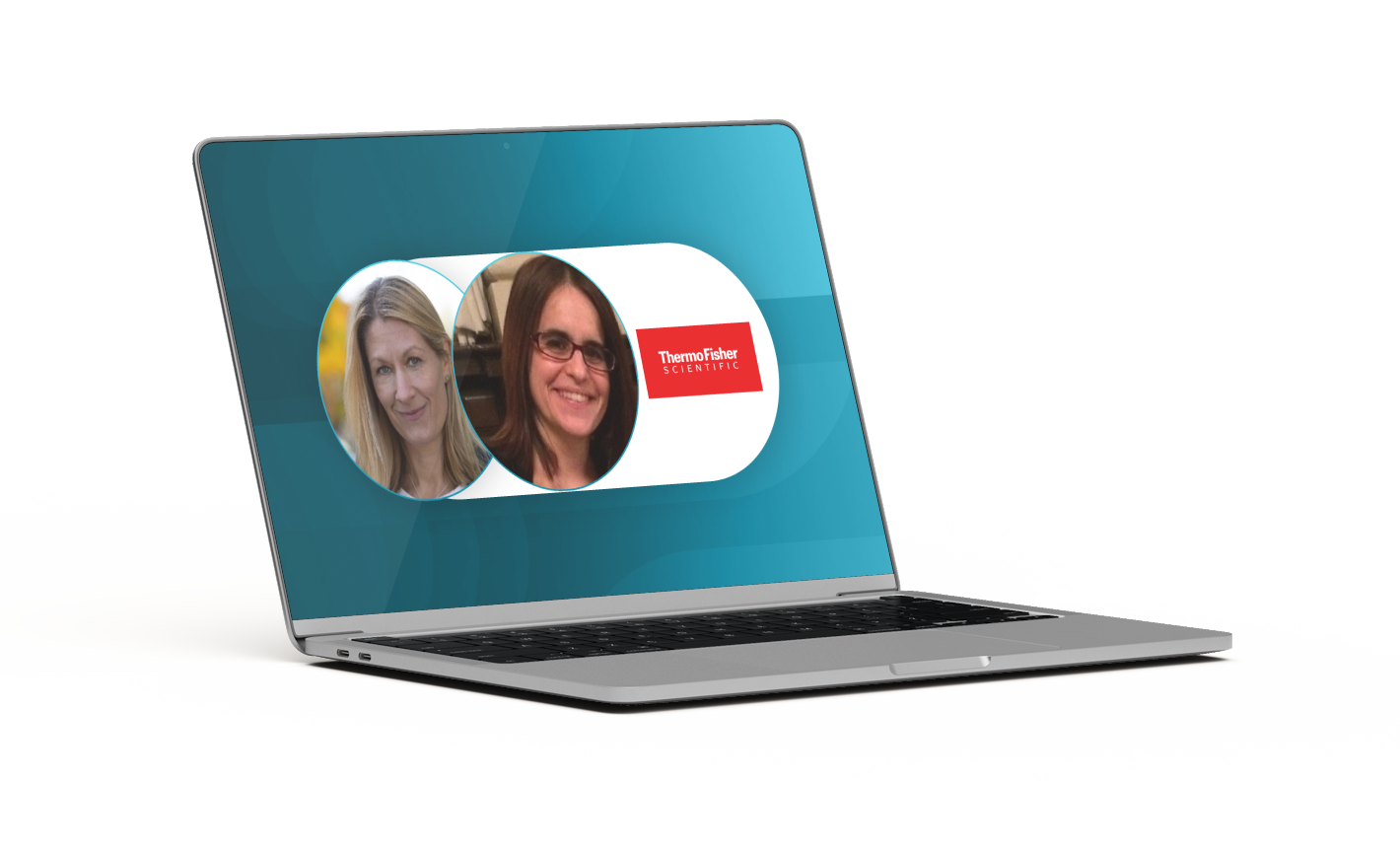
Featured Webinars
Unlocking the Power of Spatial Proteomics: Innovations and Real-World Applications
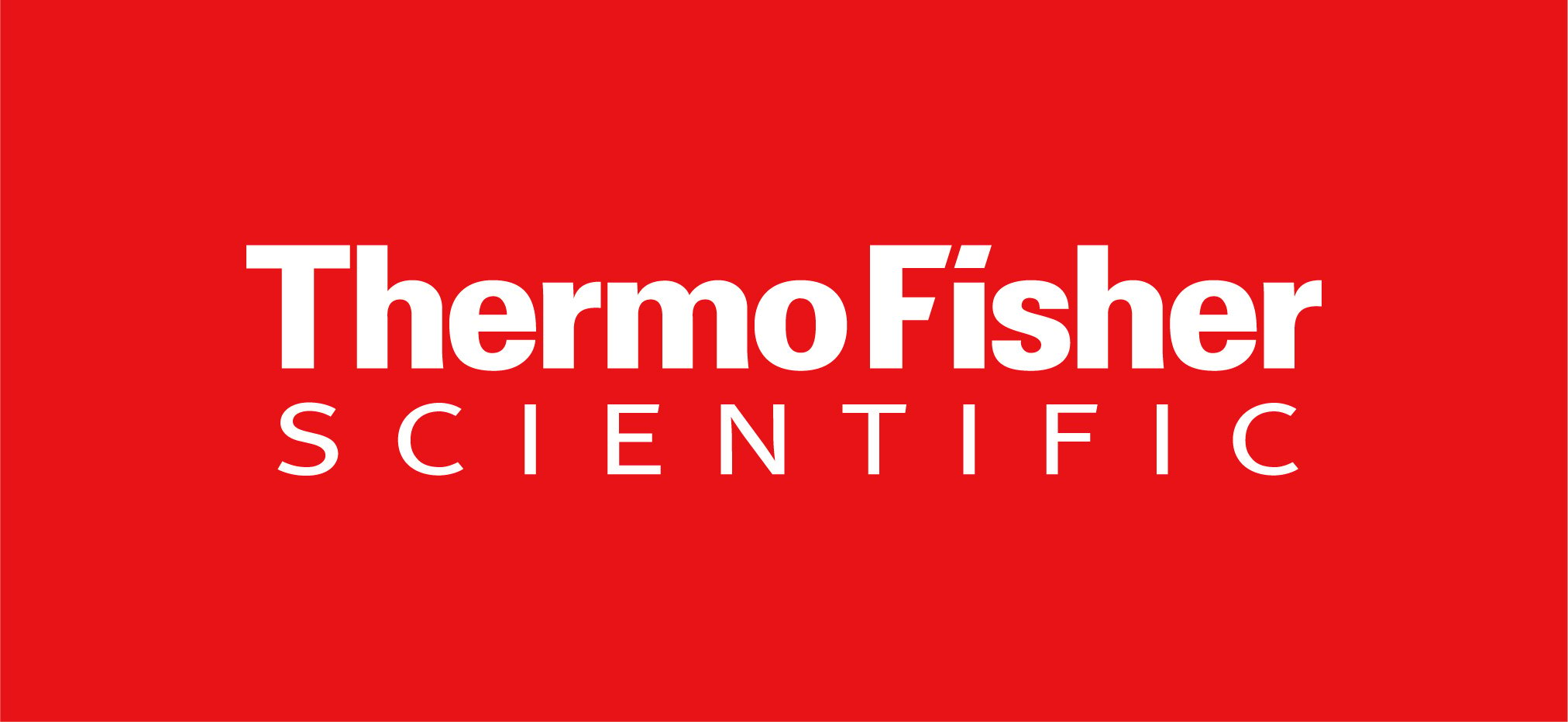
.png)
Featured Webinars
Plasma Proteomics 2025: Potential Realized and The Insights Drug Developers Can Expect
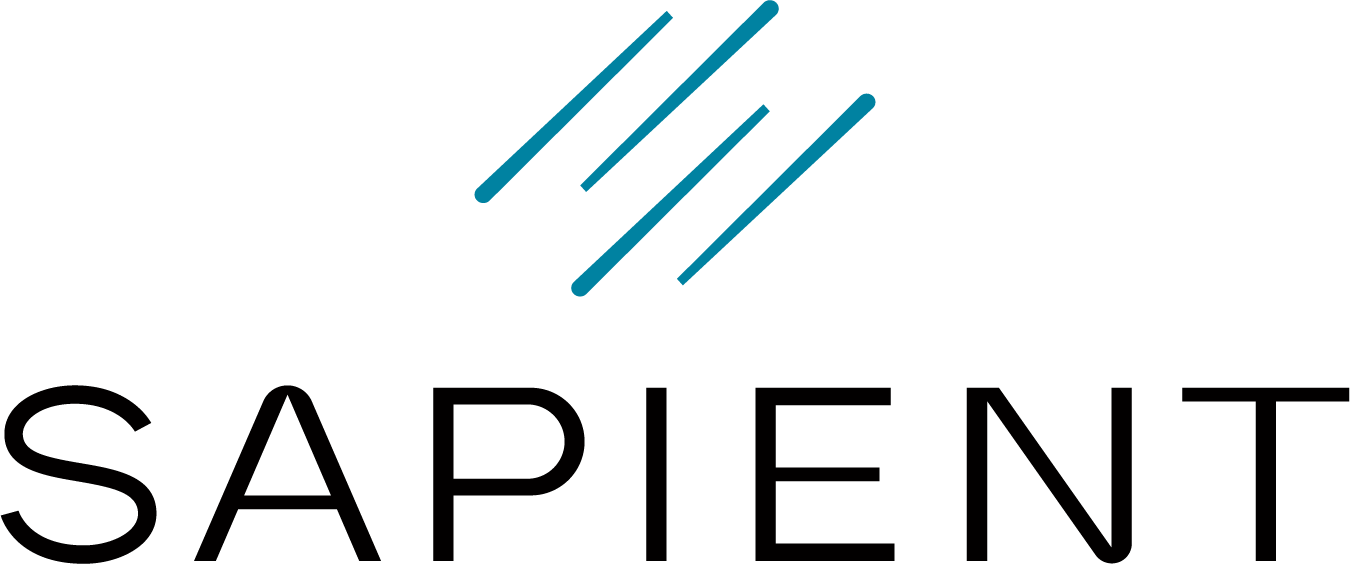

Featured Webinars
Explore Deeper Protein Insights with Platinum® Pro: From Single-Amino Acid Variants to Quantitative Expression of Protein Barcodes

LifeScienceXchange
Patients are counting on your R&D community for the next wave of life-saving medicines.
LifeScienceXchange is the catalyst: a platform for leaders from diverse life science disciplines to connect, learn and collaborate, so that together we bring new treatments to patients faster, sustainably and at scale. Providing actionable market insights, technology showcases, thought leadership and essential news, all in a condensed and curated video format.
It will help you understand trends, benchmark your work, inform strategy and ultimately get your new treatments to patients, faster.
Precision Medicine on LifeScienceXchange provides the events and channels for R&D to unlock human data for precise, patient-centric solutions.






